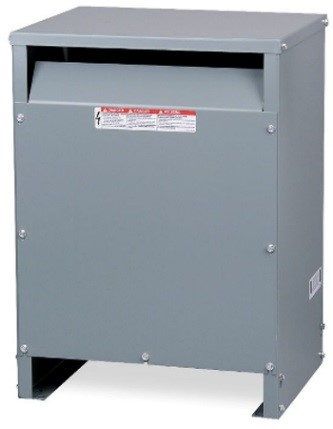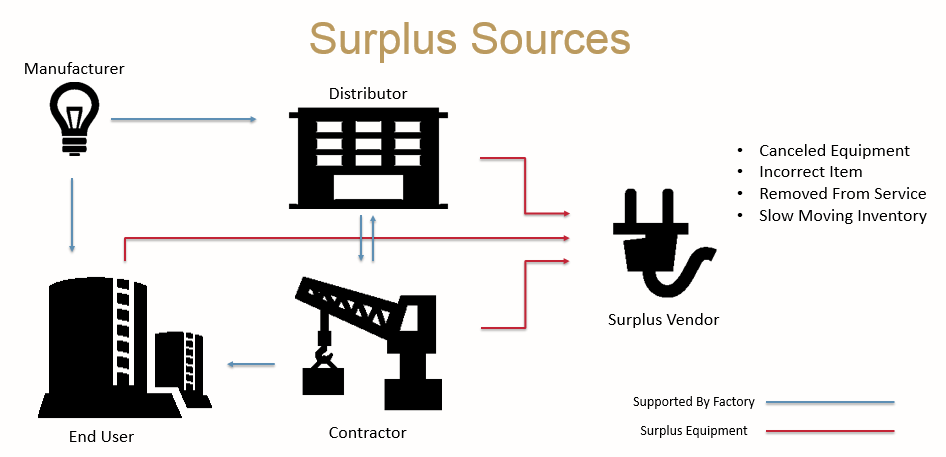As an electrical contractor, do you ever wonder what the most important things you should look for when buying your surplus electrical equipment? After all, you’ll be stuck with these equipment for your jobs/projects. This article will answer that important question.
First, let’s back up and define what we mean by “surplus electrical equipment”. The term surplus equipment refers to genuine products that no longer fall under the terms, conditions, and warranty of the original manufacturer or factory-authorized distributor.
Need Electrical Products?
Get QuoteSell To Us
Got Electrical Equipment You Don't Need?

Reduce Your Electrical Inventories & Earn Cash
Sell My EquipmentPanelboard
Need a Panelboard for Your Project/Job?

Our Experienced Sales Engineers Can Help Design the Right Panelboard For You
Learn MoreTransformer Oil Testing
Is Your Transformer Due For Servicing?

Get Your Oil Analysis & Fluid Testing Done By Our NETA-Certified Techs
Learn MoreElectrical Product Resources
Product Training Product Safety Product Guides Product News Featured Products
On the other hand, surplus electrical equipment DOES NOT:
- Include aftermarket or “off-brand” replacements
- Dictate a specific condition
- Include equipment supplied by an OEM
How does surplus electrical equipment make it back onto the market?
There are various ways: manufacturer, contractor, distributor, and end-users.

Important factors to Consider Before Buying Surplus Equipment
The table touches on the advantages and disadvantages of surplus electrical equipment so you can decide if surplus equipment is for you.
| General Advantages | General Disadvantages |
| 1. Cost efficient | 1. Limited availability of uncommon items |
| 2. Readily available inventory | 2. New technology can be slow to market |
| 3. Minimal obsolescence in cycle | 3. Requires more attention to vendor qualifications |
| 4. More choices for buyers sourcing material | |
| 5. Focused on medium and small size contractors | |
| 6. Individually tested items |
You should know your requirements. This will help weigh the advantages and disadvantages above as well as help assess your quotes/bids. Usually these requirements include: price, delivery, quality, service time, payment methods, min/max orders, warranties/guarantees, and returns. With the right vendor partner, surplus electrical equipment provides a reliable, quick turn-around and cost effective solution for service oriented jobs or expansion projects.
If you believe that buying surplus electrical equipment is advantageous to you and your company, then you should take a look at these 5 tips on how to choose a reliable surplus electrical vendor.
